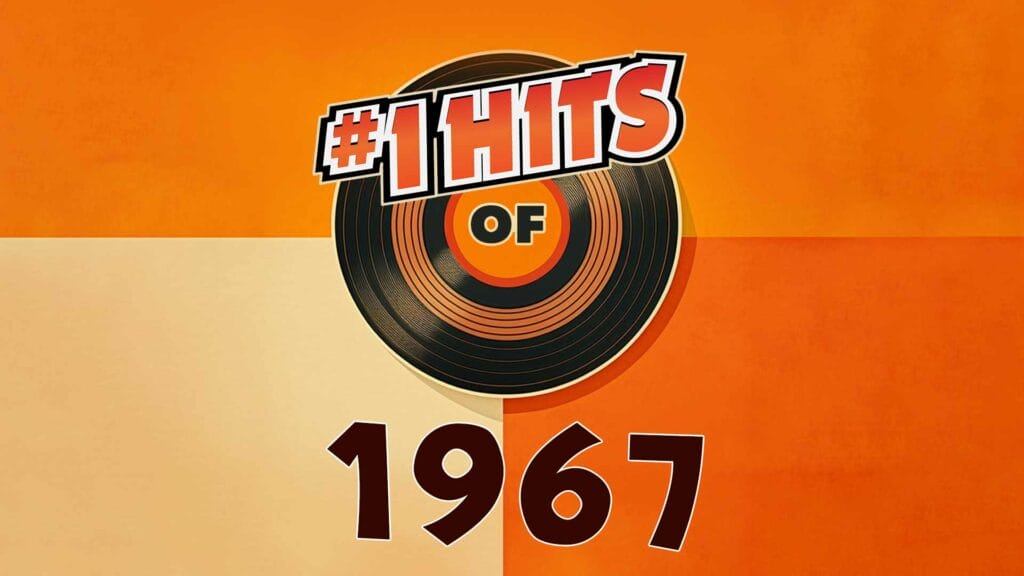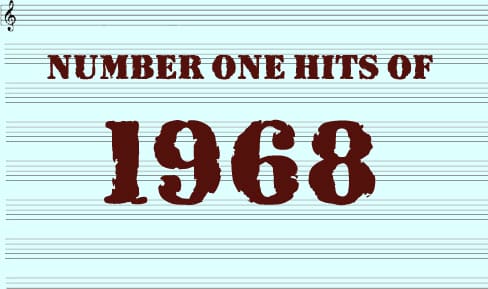 |
|||
|---|---|---|---|
The Number One Hits of 1932 |
|||
| December 19, 1931 – January 15, 1931 Mills Brothers Tiger Rag “Tiger Rag” is a jazz standard originally recorded by the Original Dixieland Jass Band in 1917. The Mills Brothers’ rendition of the song, released in 1931, features their unique vocal harmony style, often mimicking the sound of instruments. |
|||
| Jan 16, 1932 – Jan 29, 1932 Kate Smith with Guy Lombardo River, Stay ‘Way From My Door Written by Harry Woods and Mort Dixon, the song was popularized by Kate Smith’s emotional performance backed by Guy Lombardo’s orchestra. |
|||
| Jan 30, 1932 – Feb 12, 1932 Bing Crosby and The Mills Brothers Dinah Bing Crosby, a leading singer of the time, teamed up with The Mills Brothers to record “Dinah,” a lively jazz tune composed by Harry Akst with lyrics by Sam M. Lewis and Joe Young. |
|||
| Feb 13, 1932 – Mar 4, 1932 Paul Whiteman All of Me Paul Whiteman, a prominent bandleader, recorded “All of Me,” a jazz standard composed by Gerald Marks and Seymour Simons, featuring a rich orchestration. |
|||
| Mar 5, 1932 – Mar 18, 1932 Louis Armstrong All of Me Louis Armstrong, a legendary jazz trumpeter and vocalist, delivered a memorable rendition of “All of Me” with his unique improvisation and soulful voice. |
|||
| Apr 2, 1932 – May 13, 1932 Leo Reisman Paradise Leo Reisman, a prominent violinist and bandleader, recorded “Paradise,” a romantic ballad composed by Nacio Herb Brown with lyrics by Gordon Clifford. |
|||
| Jun 4, 1932 – Jun 17, 1932 George Olson Lullaby of Broadway George Olson, a popular bandleader, recorded “Lullaby of Broadway,” an upbeat tune composed by Harry Warren with lyrics by Al Dubin, which became a hit in the movie “Gold Diggers of 1935.” |
|||
| Aug 27, 1932 – Sep 30, 1932 Guy Lombardo We Just Couldn’t Say Goodbye Composed by Harry Woods, “We Just Couldn’t Say Goodbye” is a sentimental ballad that showcases the smooth sound of Guy Lombardo’s orchestra. |
|||
| Oct 1, 1932 – Oct 17, 1932 George Olson Say It Isn’t So George Olson recorded “Say It Isn’t So,” a melancholic ballad composed and written by Irving Berlin, which became a popular song during the Great Depression. |
|||
| Oct 15, 1932 – Nov 25, 1932 Bing Crosby Please “Please,” composed by Ralph Rainger with lyrics by Leo Robin, became one of Bing Crosby’s early hits and showcased his warm, crooning vocal style. |
|||
| Nov 26, 1932 – Dec 9, 1932 Bing Crosby Brother, Can You Spare A Dime? Bing Crosby’s rendition of “Brother, Can You Spare A Dime?” written by Yip Harburg and composed by Jay Gorney, became an anthem for the Great Depression, reflecting the plight of the unemployed. |
|||
| Dec 10, 1932 – Dec 23, 1932 Rudy Vallee Brother, Can You Spare A Dime? Rudy Vallee, a popular singer, and bandleader, also recorded a poignant version of “Brother, Can You Spare A Dime?” that resonated with audiences during the difficult economic times. |
|||
| Dec 24, 1932 – Mar 3, 1932 Fred Astaire with Leo Reisman Night and Day Fred Astaire, a renowned singer, and dancer, teamed up with Leo Reisman’s orchestra to record “Night and Day,” a timeless classic composed by Cole Porter. The song was first introduced in the musical “The Gay Divorce” and became one of Astaire’s signature tunes. |
|||
|
The Biggest Pop Artists of 1932 include: Charts based on Billboard music charts. |


